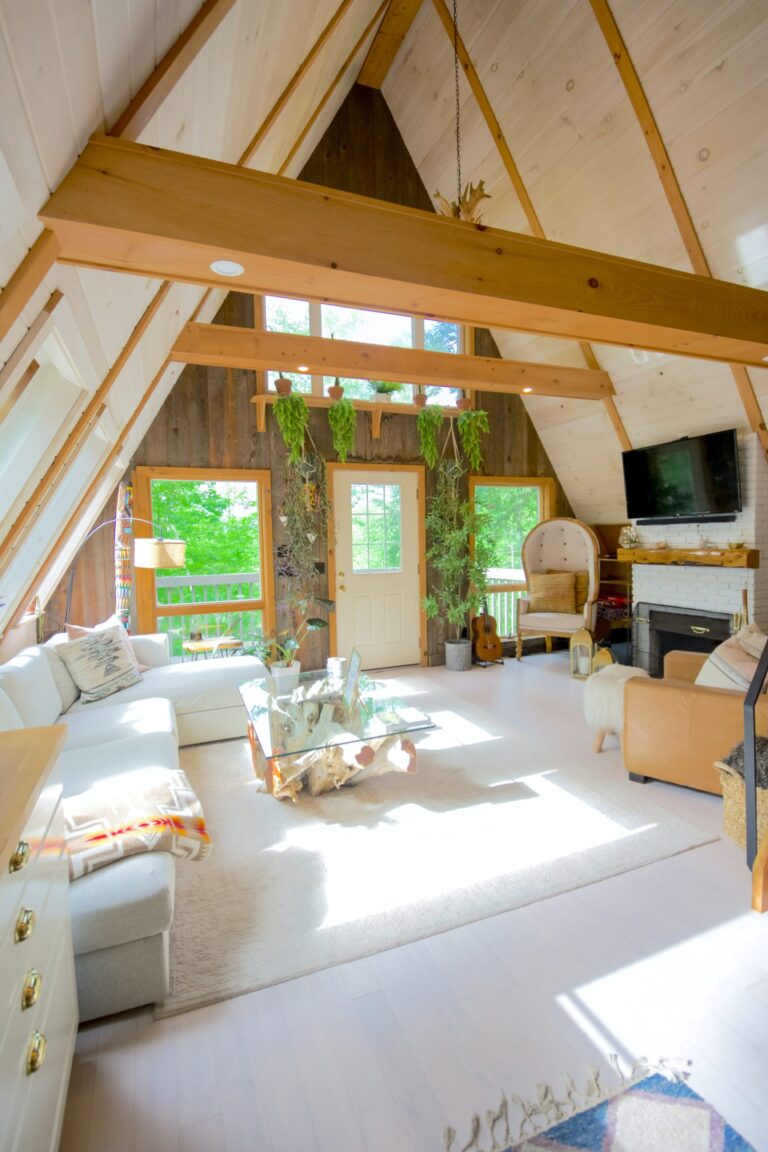10 Practical Strategies for Saving Money by Living Sustainably
 Living sustainably can bring about such drastic changes in your life. However, you don’t need to make too drastic of a change to be more eco-conscious. Making that shift can even lead to lower expenses for you overall.
Living sustainably can bring about such drastic changes in your life. However, you don’t need to make too drastic of a change to be more eco-conscious. Making that shift can even lead to lower expenses for you overall.
For example, we’ll cover ten strategies that can save you money while living in an eco-conscious way in this article.
1. Switch to efficient appliances
Appliances use a lot of energy to do what they do, but that doesn’t mean you can’t find more energy-efficient appliances. By switching your older appliances to more modern ones, you can get better appliances that use less energy while doing the same job well. You can even get intelligent appliances if you want an actual upgrade.
With smart home appliances, you can enjoy increased technological advancements while using their energy-efficient capabilities. For example, there are innovative coffee makers that can turn on and off through your phone as long as there is Internet access. That way, your coffee is piping hot right when you need it to be there.
Although switching to efficient appliances is best, that doesn’t mean that you should opt to replace your perfect appliance right now. That would be wasteful still.
2. Upgrade to automated devices
Speaking of intelligent appliances, switching to automated devices around your house, in general, is a great way to live sustainably and modernly simultaneously.
One example of an automated device that you can use would be automated light switches. Instead of forgetting to turn off lights in certain rooms, you can check through your phone if lights are on in your home.
You can also set timers for your automated devices so that they turn off automatically without you needing to prompt them to do so. That way, you’re not wasting energy from excessive electricity usage in your home.
3. Opt for bulk purchasing
When you go grocery shopping, you should buy bulk wherever possible. Although the price tag may seem hefty at first, it is cheaper if you purchase the bulk version of an item than if you bought it little by little over time.
What’s great about buying in bulk is that you have that item for a long time and won’t have to purchase it repeatedly every week. It also saves on gas because you don’t have to keep making those grocery trips.
Aside from that, you use less packaging than if you bought the household items not in bulk.
Of course, some items won’t be ideal for bulk purchasing. Perishable goods would be an excellent example of that. However, other items in your home, like cleaning materials and dried goods, are great to buy in bulk.
4. Install solar panels
You should consider looking for alternative energy sources to power your home. Although many alternative energy sources exist, solar panels are the most approachable for residential homes.
Solar panels gain energy from exposure to the sun, so it’s the best choice if your area gets a lot of sun. Even if you’re not in an area that gets tons of sun, you should still look into installing solar panels since they can give you some energy. You can consult with a professional to let you know how installing solar panels can help your home specifically.
The daunting part about solar panels would be the upfront costs. But, the long-term benefits of it will save you a lot of money, especially since solar panels last a long time.
5. Declutter and donate
If you have an excess of items in your home, consider doing a declutter session and donating all of the items that you’re sure you haven’t used in a while.
For clothes, if you haven’t worn these clothes in a year or they’re uncomfortable to wear, then those are some solid signs that it’s time to let those go. By letting go of perfectly usable items in your home that you don’t even touch, you can give someone a bargain for items that they need while reducing the clutter around your home.
6. Cut down shower time
It would help if you reduce shower time to reduce the amount of water you use per shower. If you don’t think you can cut back on how long it takes you to shower, you can be more mindful of your shower time instead.
Use low-flow showerheads, and turn off the shower when lathering yourself. These habits can help reduce your household’s water usage altogether.
7. Opt for reuse and repair
As much as possible, don’t throw out items if you know you can find another use for them or find a way to repair them.
Getting the newest thing out there can often be tempting, especially if you’re seeing a lot of hype around it. However, if you avoid the shiny object syndrome from taking effect, you can avoid an unnecessary expense.
8. Cut out the food waste
Instead of just throwing out your food waste, consider alternatives to help you make the most out of your food waste. For example, if you have a community garden, you can turn that into compost and donate it to that community garden.
You can also opt to find ways to reduce food waste. You can do so by planning your meals and using all the ingredients weekly. Cooking in big batches and meal planning can also help you have ready-to-go meals.
9. Grow your own food
If you have a green thumb, you should grow your own food from your garden. You’ll appreciate the produce better since you’ve watched it grow and tended to it yourself.
You can also grow some spices in your home, which is an excellent choice for people who might need a garden area, like those living in apartments.
10. Make your own cleaning products
Instead of buying some cleaning products, you can make your own from some household products. That way, you can create as much as you need, and when you run out, you know you can always make one again. It also helps that you’re sure there aren’t harmful chemicals in there that you can inhale or ingest.
Of course, make sure you know how stringent some of these homemade concoctions can be, especially those with baking soda, vinegar, lemon, etc. Just apply these items with care.
Conclusion
With these strategies, not only can you reduce household expenses, but you can pursue a life of sustainability as well. That way, you can have a comfortable home without compromising the environment around you. It helps that it can save you some money, too.


